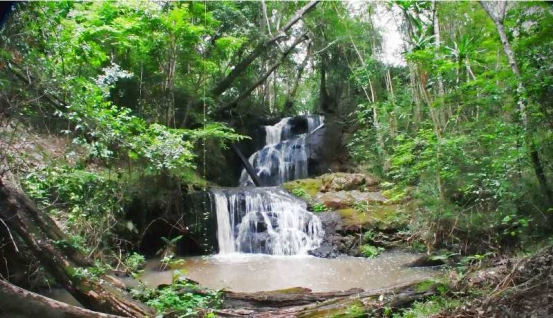×
The Standard e-Paper
Stay Informed, Even Offline

Indeed, the health of our forests is our wealth. This is a fact that should never be lost on the 45 million Kenyans as we protect the forests that are approximately 7.2 per cent of Kenya’s land cover. As an environmentalist, concerted government and citizenry efforts that have underpinned this growth inspire me.